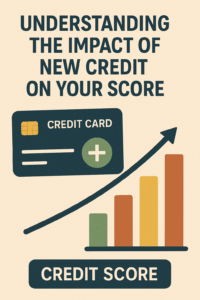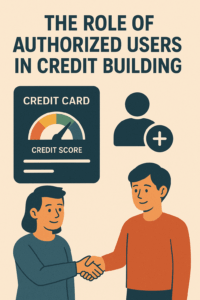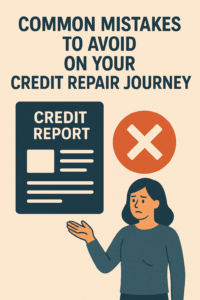FAQS
All Of Your Questions Answered In One Convenient Place.

What is a credit report?
What is a credit score?
Does looking at my credit report affect my score?
What does my credit score affect?
Why is credit repair important?
Who can see my credit report?
How common are credit report errors?
How many credit bureaus are there?
Are all three important?
I just signed up; what happens now?
How long does it take after signup to start receiving credit reports?
How many disputes can I file per month?
How does the dispute process work?
Can I cancel this service?
Will my information be protected?
How does your company guarantee its work?
Don’t see your question here? Contact us for more information
Related Blog Articles
Why wait? Get started today
It only takes 90 seconds to sign up. Start fixing errors on your credit report and get help to increase your credit score. Your information is safe with us. We treat your data as if it were our own.



